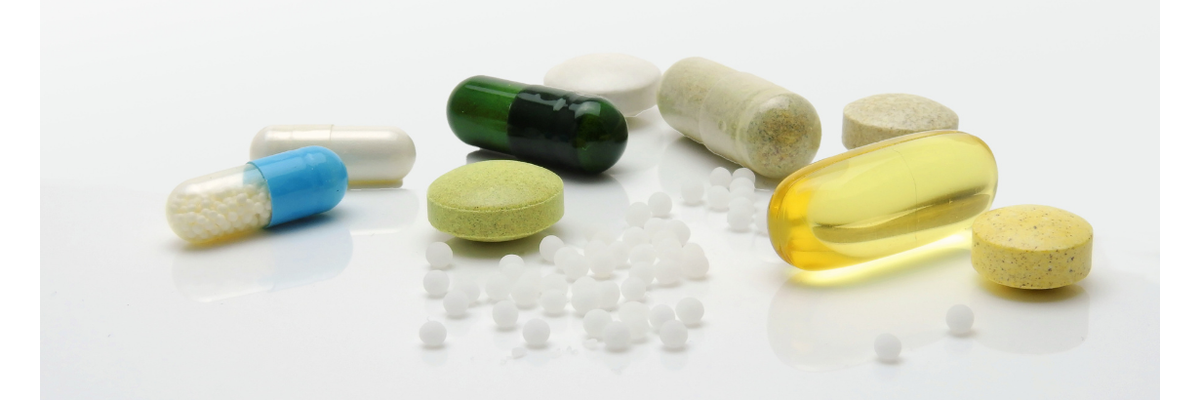YouGov data reveals how the public have been affected by drug shortages across 17 international markets
In 2020, the widespread claim that hydroxychloroquine could effectively treat COVID-19 led to shortages of the drug in several countries. While a number of studies suggested that this claim was unproven and unsubstantiated, these supply issues posed a problem for patients who rely on the drug to manage malaria, lupus, and other illnesses.
It’s an extreme example, but one that speaks to a broader concern around COVID-19-related shortages within the international medical community: opioids, muscle relaxants, and sedatives (among other things) have seen increased demand and lower supply during the crisis. Beyond the hospital, the pandemic has disrupted global pharmaceutical supply chains – and YouGov data from 17 international markets suggests that the global public may be feeling the effects.
On average, over a quarter of respondents across these countries and regions (27%) agree that either they – or their friends and family – have found it difficult to access prescription medications due to the coronavirus pandemic.
Our data suggests that Italy, one of the European countries hit earliest and hardest by the virus, has been particularly affected. Well over half of the public (56%) say it has been difficult to acquire necessary medicines during the crisis. This makes Italy an outlier in Europe – in Poland (39%), Spain (30%), Sweden (17%), Britain (21%), France (16%), Germany (16%) and Denmark (10%), respondents are far less likely to say they’ve had trouble accessing medicines. The result also marks the country out across the globe. Members of the Indian (48%) and Mexican (47%) public (or their friends and family) are next-most likely to have experienced difficulty getting medications. In March 2020, the PGEU suggested that drug shortages in Europe may be linked to the COVID-19 outbreak in northern Italy – then considered the worst global outbreak outside of Asia – where many of the country’s drug producers operate in regions such as Lombardy.
The picture in the APAC region is similarly variable: in countries such as Indonesia, as many as four in ten (40%) agree that it has been harder to access necessary drugs during the pandemic – while in China (28%) and Singapore (25%) this drops to fewer than three in ten members of the public. In Australia, fewer than one in five (18%) report finding it hard to access medicines over the course of the crisis so far.
Looking past pharmaceutical shortages and supply chain issues, consumers may have been dissuaded from travelling to pharmacies and buying medications by other factors. Our COVID-19 tracker indicates that the virus is the most potent of all international fears: when asked what they fear more than anything else, two in five respondents (41%) say they are afraid of a global pandemic – with climate change (21%) coming in a distant second. It may be that some consumers are weighing a trip to the drug store or pharmacy against the risk of catching the virus and deciding to stay indoors.









